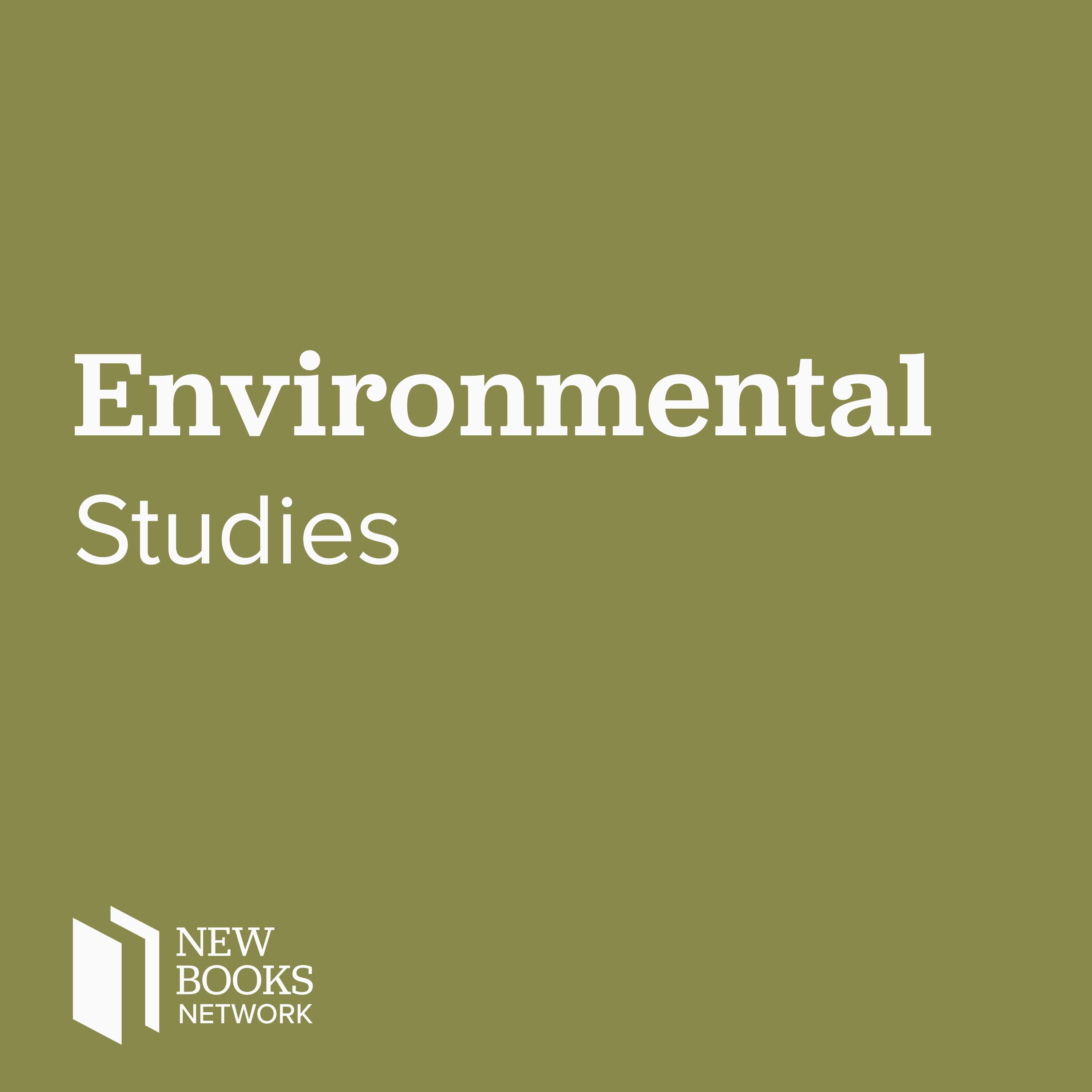Temperatures on the Rise: Adapting to Heat Extremes in South Asia
Description
Between March and May of this year, large parts of India and Pakistan were hit by a severe heat wave that claimed at least 90 lives and seriously impacted people's livelihoods and the environment. What made this heat wave so different and possibly worse than previous ones? Who was particularly at risk? And where does India stand in terms of adaptation strategies? In this episode, Hanna Geschewski talks with climate change researchers Dr. Chandi Singh and Dr. Emmanuel Raju about the recent heat wave and how to deal with increasingly frequent temperature extremes.
Dr. Chandni Singh is a Senior Researcher at the Indian Institute for Human Settlements in Bangalore, India. She is also a Lead Author for the Intergovernmental Panel on Climate Change or IPCC where she covered topics of vulnerability and adaptation in Asia in the Assessment Report 6 published in March 2022. She works on examining what drives differential vulnerability to climate change and how and why certain people adapt while others don’t or can’t. Dr. Singh wrote about the 2022 heat wave in her New York Times guest essay, “Spring Never Came to India This Year.”
Dr. Emmanuel Raju is an Associate Professor at the Global Health Section at the University of Copenhagen in Denmark. He is also currently the Director of the Copenhagen Center for Disaster Research (COPE), which provides a platform for interdisciplinary research on disaster and climate change. Dr. Raju recently co-authored a study titled "Climate Change made devastating early heat in India and Pakistan 30 times more likely," which highlighted the most severe impacts of the recent heat wave and how it can be attributed to climate change.
Hanna Geschewski is a PhD researcher in Human Geography at the Chr. Michelsen Institute and the University of Bergen in Norway, focusing on socio-ecological adaptation processes in Tibetan refugee settlements in Karnataka, India.
The Nordic Asia Podcast is a collaboration sharing expertise on Asia across the Nordic region, brought to you by the Nordic Institute of Asian Studies (NIAS) based at the University of Copenhagen, along with our academic partners: the Centre for East Asian Studies at the University of Turku, and Asianettverket at the University of Oslo.
We aim to produce timely, topical and well-edited discussions of new research and developments about Asia.
About NIAS: www.nias.ku.dk
Transcripts of the Nordic Asia Podcasts: http://www.nias.ku.dk/nordic-asia-podcast
Learn more about your ad choices. Visit megaphone.fm/adchoices
Support our show by becoming a premium member! https://newbooksnetwork.supportingcast.fm/environmental-studies
More Episodes
Settler Ecologies: The Enduring Nature of Settler Colonialism in Kenya (University of Toronto Press, 2024) tells the story of how settler colonialism becomes memorialized and lives on through ecological relations. Drawing on eight years of research in Laikipia, Kenya, Charis Enns and Brock...
Published 04/20/24
Indigenous knowledge of local ecosystems often challenges settler-colonial cosmologies that naturalize resource extraction and the relocation of nomadic, hunting, foraging, or fishing peoples. Questioning Borders: Ecoliteratures of China and Taiwan (Columbia UP, 2023) explores recent...
Published 04/18/24
Enormous ecological losses and profound planetary transformations mean that ours is a time to grieve beyond the human. Yet, Joshua Trey Barnett argues in this eloquent and urgent book, our capacity to grieve for more-than-human others is neither natural nor inevitable. Weaving together personal...
Published 04/16/24


